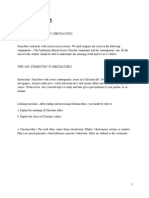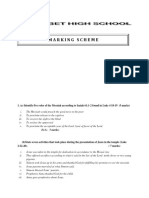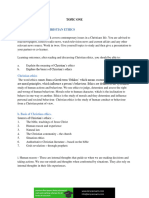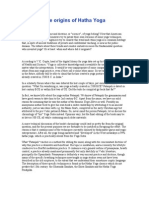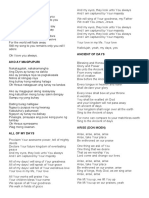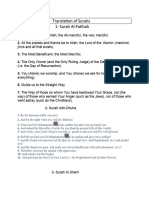100% found this document useful (1 vote)
2K views4 pagesNehemiah Notes. Last Subtopic Assignments - Form 3 - C.R.E.
Uploaded by
dkimani016Copyright
© © All Rights Reserved
We take content rights seriously. If you suspect this is your content, claim it here.
Available Formats
Download as PDF, TXT or read online on Scribd
100% found this document useful (1 vote)
2K views4 pagesNehemiah Notes. Last Subtopic Assignments - Form 3 - C.R.E.
Uploaded by
dkimani016Copyright
© © All Rights Reserved
We take content rights seriously. If you suspect this is your content, claim it here.
Available Formats
Download as PDF, TXT or read online on Scribd
/ 4










